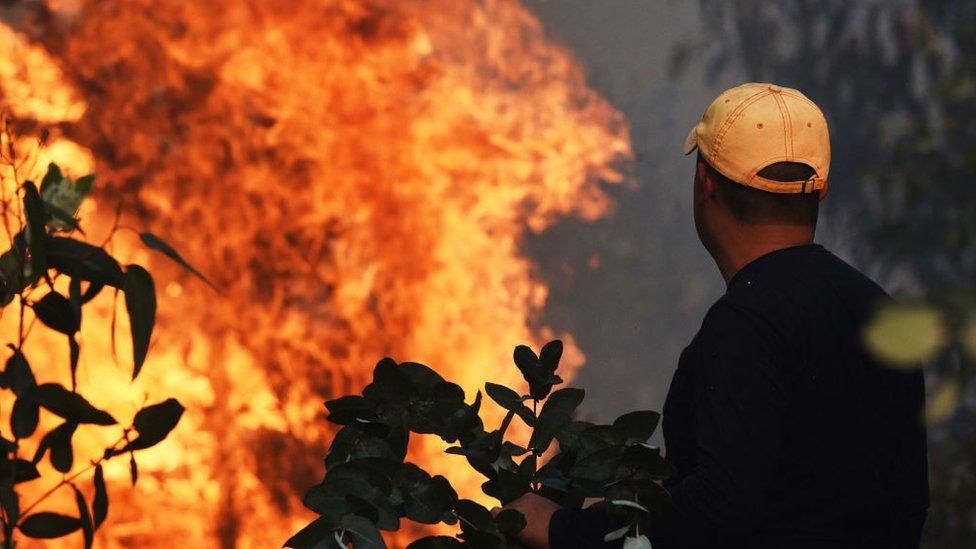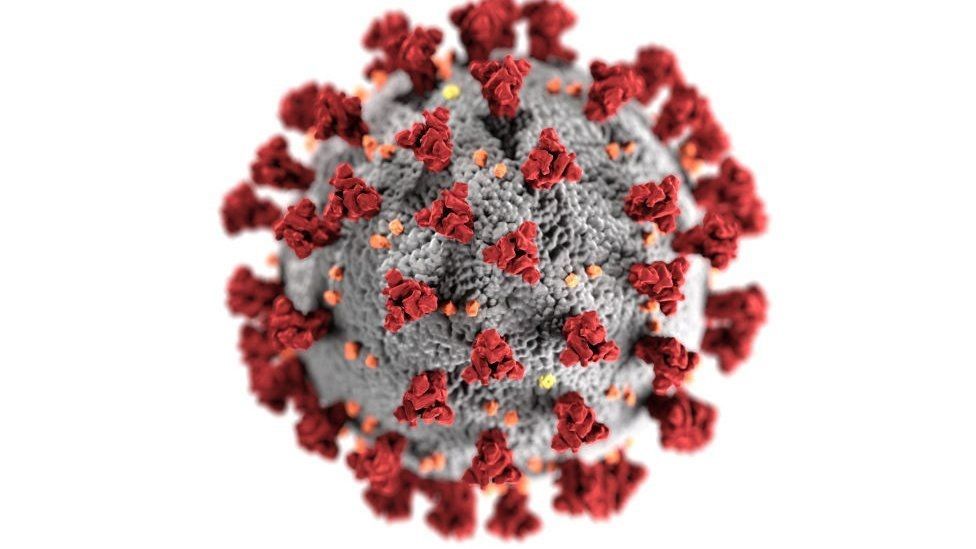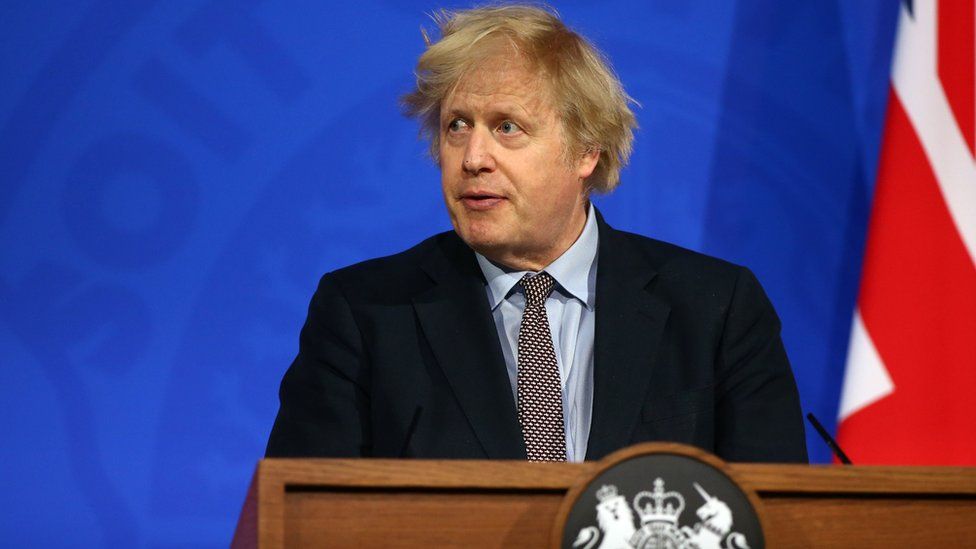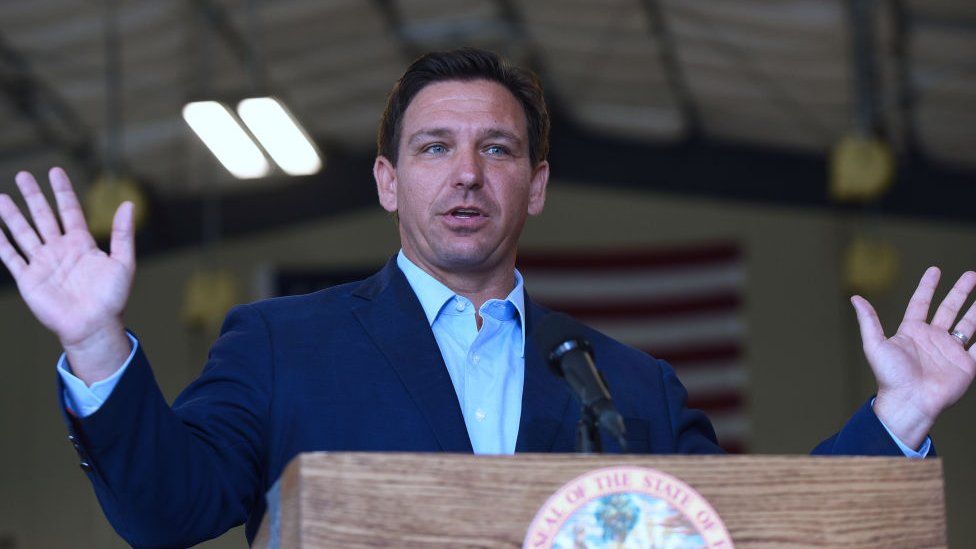Extreme wildfires set to become more frequent

By Matt McGrath, Feb. 25: Extreme wildfires are set to become more frequent, increasing by around 50 per cent by the end of this century, according to a new UN report.
The report finds there's an elevated risk in the Arctic and other regions previously unaffected by fires.
The scientists define extreme fires as extraordinary conflagrations that occur roughly once in a hundred years.
Researchers say that rising temperatures and changes to the way we use land will drive the increase.
The new study calls for a radical reallocation of financial resources from fighting fires to prevention.
The scientists from the UN Environment Programme (UNEP) say that large fires that burn for weeks are already becoming hotter and burning longer in many parts of the planet where wildfires have always occurred.
But they are now beginning to flare up in remote northern areas, in drying peatlands and on thawing permafrost.
This latest study says that there will be a global increase in extreme fires of up to 14% by 2030, compared to the number recorded in 2010-2020. The increase could reach 30 per cent by 2050 and 50 per cent by the end of the century.
"The analysis was based on the definition of a catastrophic fire being one that would occur once every 100 years, so it's a very low-frequency fire event," said Dr Andrew Sullivan from the Commonwealth Scientific and Industrial Research Organisation (CSIRO) in Canberra, Australia.
"The result was that the potential for that sort of fire would increase by a factor of 1.3 to 1.5 times, based on a global analysis of fire frequency."
The results were similar in a low or high carbon emissions scenario.
The study defines extreme conflagrations as fires that are extraordinary or unusual - but this definition can differ markedly depending on your location.
"If you imagine a peat fire in the Arctic, it's spreading at centimetres an hour. It's not necessarily a raging inferno, but it's unusual and spreading over immense areas because there's no one there to do anything about it," said Dr Sullivan.
"A fire like this in the peatlands is an extreme fire, but it's not what you would envisage as being an extreme fire if you lived in California."
And even though the study only makes projections on extreme events, the authors believe that lesser incidents of wildfire will also increase as land-use changes and populations increase. This could have significant implications for climate change as the extra burning will increase the amount of carbon emitted into the atmosphere.
But the change in frequency will vary depending on a number of local factors. The world is likely to see more fires in Arctic regions because climate change is having such a major impact on the region.
However, in Africa, where about two-thirds of the world's wildfires now occur, there are likely to be fewer fires in the coming decades as a growing population is clearing more forest areas for farmland.
"In Africa, the number of fires is decreasing, because of the change in land use and the intensification of agriculture," said Dr Glynis Humphrey from the University of Cape Town.
"Our percentage of area burned is actually decreasing, and our fires are becoming smaller and smaller, because of the reduction in fuel load."
The authors are calling on governments to change their model of spending on large fires.
Right now, the study says that planning and prevention receive less than 1% of funding while firefighting takes over half of the available budget.
Many governments have good intentions in terms of spending more on planning and prevention - but the reality on the ground is different.
"We need to invest more in fire prevention, in full management, also in allowing fires to fulfil their ecological roles," said Prof Paulo Fernandes, from the Universidade de Trás-os-Montes e Alto Douro in Portugal, one of the report's authors.
"But then, when things get hot, their response will be to deviate from the policy that's supposed to be in place. In places like California, they talk a lot, but then in terms of action, they put the money always in the same place, in firefighting."
Recent News

Do not make expressions casting dout on election: EC
14 Apr, 2022
CM Bhatta says may New Year 2079 BS inspire positive thinking
14 Apr, 2022
Three new cases, 44 recoveries in 24 hours
14 Apr, 2022
689 climbers of 84 teams so far acquire permits for climbing various peaks this spring season
14 Apr, 2022
How the rising cost of living crisis is impacting Nepal
14 Apr, 2022
US military confirms an interstellar meteor collided with Earth
14 Apr, 2022
Valneva Covid vaccine approved for use in UK
14 Apr, 2022
Chair Prachanda highlights need of unity among Maoist, Communist forces
14 Apr, 2022
Ranbir Kapoor and Alia Bhatt: Bollywood toasts star couple on wedding
14 Apr, 2022
President Bhandari confers decorations (Photo Feature)
14 Apr, 2022








